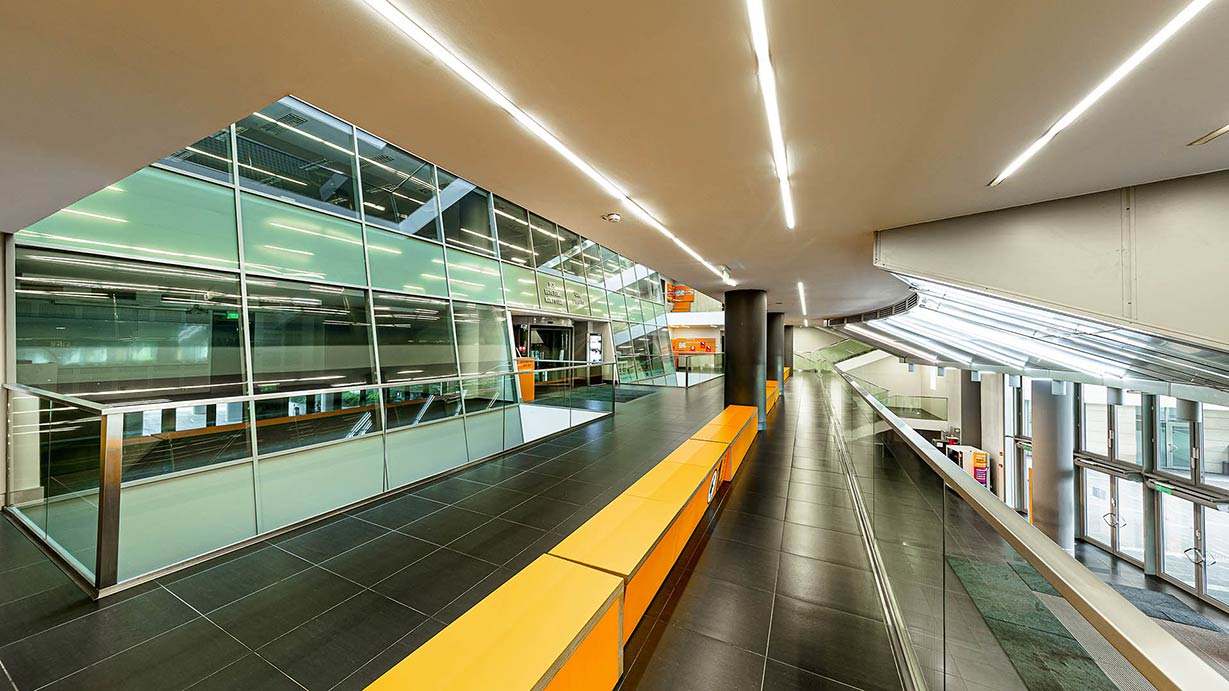How enthusiastic citizens can become researchers – Citizen Science Day

Nine different and very diverse topics from six institutions gave the audience an insight into the little-known world of citizen science. The aim of the online event was to show the power of citizen and community-based projects and their added value for science, researchers, volunteers and the wider world. The conference attracted a lot of interest, with a total of 74 participants listening to the highly informative presentations.
The day was opened by Mónika Fischer, Director of the University Library, followed by Erika Kurucz, Research Data Steward of the Library, who explained what community science is and what sub-principles define this relatively young field. Then we heard a very exciting presentation titled Link to Knowledge by Dávid Lovász, who spoke about the role of the Pécs Library in relation to civilians and science.
Be a Beaver Researcher! With this curious title, Erika Juhász gave a detailed overview of beaver research in Hungary. The audience received information about how the monitoring of beavers is carried out and how we as citizens can actively contribute. In his presentation DRYRiVERS – Tracing Disappearing Water With a Mobile Phone, Zoltán Csabai drew attention to the near and real problem of our water bodies, which used to have a constant water supply, but now are increasingly drying up and sometimes disappearing completely.
In his presentation titled Hidden Treasures of the Forest: Protected Fungi, an enthusiastic mycologist, István Sárközi talked about how the data collection on protected mushrooms is carried out, what to look for and how to join. Zsaklin Varga’s presentation “How to Stop the Spread of Mosquitoes with Our Smartphones?” gave us an idea of how the globalisation of pathogens is making mosquitoes increasingly urbanised, getting used to urban environments, and encouraging invasive species. The identification of new species is crucial, and the public can help to speed up the process, as anyone can identify a new species using a simple app. This is a Europe-wide citizen science programme.
Zoltán Rózsa gave a fascinating presentation on “Volunteering in Community Archaeology”, showing how volunteers can help professionals in archaeological excavations. The aim of this fruitful and efficient cooperation is to identify and preserve the values of Hungary and the Carpathian Basin together. Perhaps the most spectacular presentation of the day came from Kitty Balog, titled “Dig Deep… to the Bottom: Community Adventure in Soil Science”. This community science programme was launched with a twofold aim: to gather information in order to answer some basic questions, and to raise awareness of the importance of community science. One of their best-known projects involved burying cotton materials and trying to determine how long it takes for the material to decompose, inferring the health and microbial activity of the soil.
The last presentation was given by Károly Nagy on “Birds and Birders – 50 Years of Volunteering”. Among others, he explained about what to bear in mind when planning a long-term project with volunteers. We learned that most of MME’s (Hungarian Ornithological and Nature Conservation Society) bird-watching programmes have been based on citizen science for 50 years. Another interesting aspect of the presentation was that it highlighted the fact that volunteering is not free, as it also requires financial resources.
We hope that as many people as possible will continue to follow the various CS projects and join in some community research for the benefit of both civil and research communities.
Finally, the organisers thanked the speakers for the exciting presentations and all participants of the event.